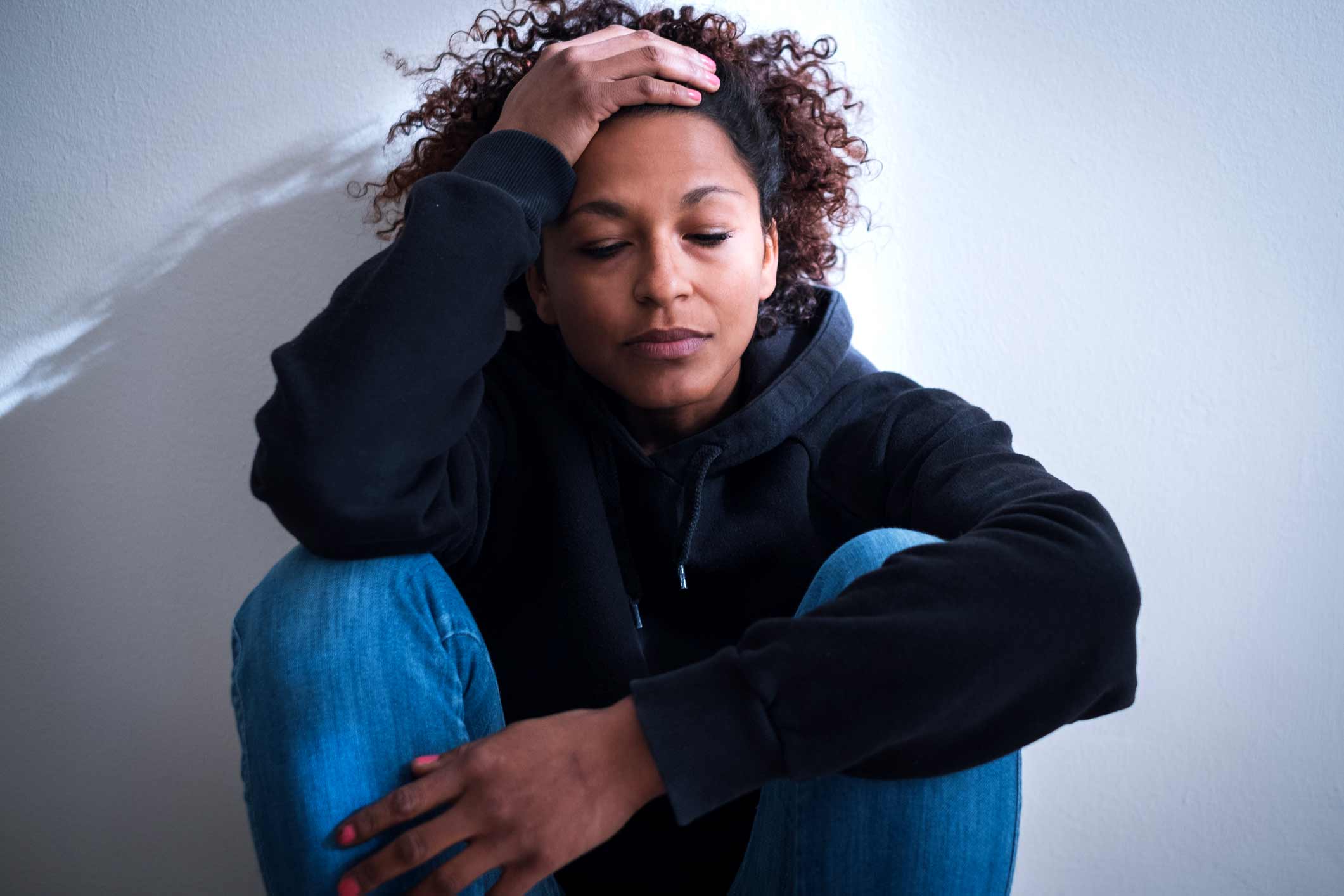It’s common to struggle with your mental health at some point in your life. This can happen due to factors such as stress, trauma, or genetics.
Here are some signs that you might be experiencing a mental health crisis:
- You’re having thoughts of suicide or self-harm.
- You’re feeling overwhelmed and can’t cope with daily stressors.
- You’re having trouble sleeping or eating.
- You’re withdrawing from friends and family.
- You’re feeling hopeless or worthless.
If you’re experiencing any of these signs, know that help is available, and you don’t have to go through this alone.
Reach out for support
- Talking to a trusted friend or family member. This can be a great way to get support and feel less alone.
- Seeing a therapist or counselor. This is a professional who can help you understand your mental health condition and develop coping mechanisms.
- Attending a support group. This is a group of people who are all going through similar experiences. They can provide support, understanding, and hope.
- Making lifestyle changes. This could include things like getting regular exercise, eating a healthy diet, and getting enough sleep.
It is important to find the right combination of resources that works for you. If you are not sure where to start, you can talk to your doctor or a mental health professional. They can help you assess your needs and make a plan for getting the help you need.
Call a Free Help Line
If you’re going through a crisis, please don’t give in to despair. You can get help right now by calling a help line. These calls are free and anonymous. Some are available 24/7 and offer text or online chat as well.
- 988 Suicide & Crisis Lifeline: Dial 988
- Crisis Text Line: Text “HOME” to 741741
- NAMI Helpline: 1-800-950-6264
- The Trevor Project for LGBTQ Youth: 1-866-488-7386
- Trans Lifeline: 1-877-565-8860
These help lines are staffed by trained professionals who can help you assess your situation and connect you with the resources you need.





